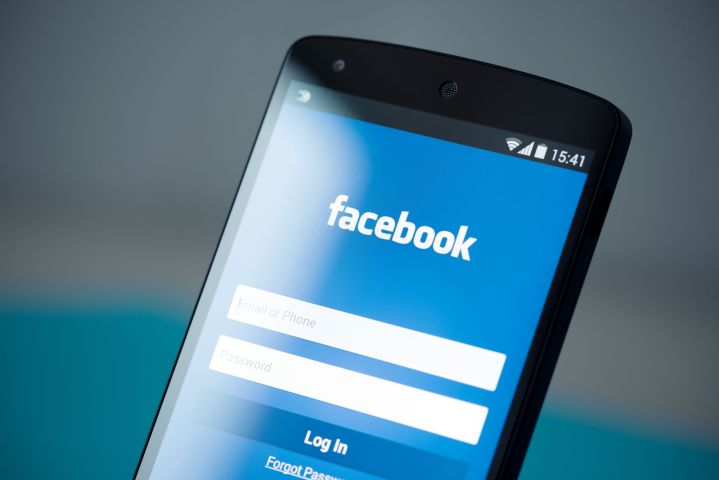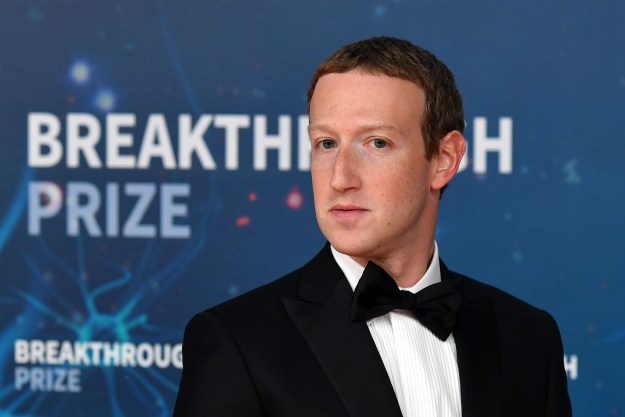
Ethnic affinity essentially enables marketers to exclude certain demographics — such as African-Americans, Asian-Americans or Hispanics — from their promos on the social network. Following the release of a report in October that labeled the feature unlawful, Facebook issued a statement defending targeted advertising as an industry norm. The company also emphasized its aggressive enforcement action against discriminatory ads.
The suit, which was filed last week in the U.S. District Court for the Northern District of California, retains the arguments put forward in the recent report by news outlet ProPublica. It alleges that Facebook’s advertising platform enables illegal discrimination and is in violation of the Fair Housing Act and the Civil Rights Act of 1968. The latter outlaws employers from discriminating against prospective employees as part of the hiring process based on race, color, religion, sex, or national origin. The former makes it illegal to do the same in regards to housing advertisements.
The suit adds there is no option in Facebook’s platform “to exclude the ‘demographic’ of white or caucasian Americans from the target audience.” The plaintiffs are described as Facebook users that have looked at
Facebook claims its ethnic affinity data is not the same as race — specifically, the company refers to the fact it does not ask for a person’s ethnic information during the sign-up process. However, the suit alleges that affinity groups act as a “proxy” for a user’s race, gender, family, and national origin.
“The lawsuit is utterly without merit and we will defend ourselves vigorously. Multicultural marketing is a common practice in the ad industry and helps brands reach audiences with more relevant advertising,” a Facebook spokesperson told Digital Trends in an emailed statement. “Our policies prohibit using our targeting options to discriminate, and they require compliance with the law.”
In October, Facebook’s Head of Multicultural Christian Martinez stated the following about the targeting feature in a blog post: “[It] prevents audiences for community-specific ads from seeing a generic ad targeted to a large group and helps avoid the offensive outcome that traditional advertising can often create for people in the minority. This kind of communication is positive: it reflects an advertiser’s respect for the diverse communities it is trying to reach.”
Updated: 11/7/2016 by Saqib Shah: Added statement from Facebook
Editors' Recommendations
- Targeted Facebook ads are about to lose a big audience: iPhone owners
- Facebook ad boycotters to Congress: Don’t let Zuckerberg off easy
- Stop Hate for Profit, the Facebook ad boycott, starts today. Will it stick?
- Australia will force Facebook and Google to share ad revenue with local media
- Facebook sued by Australian privacy regulator over Cambridge Analytica scandal


